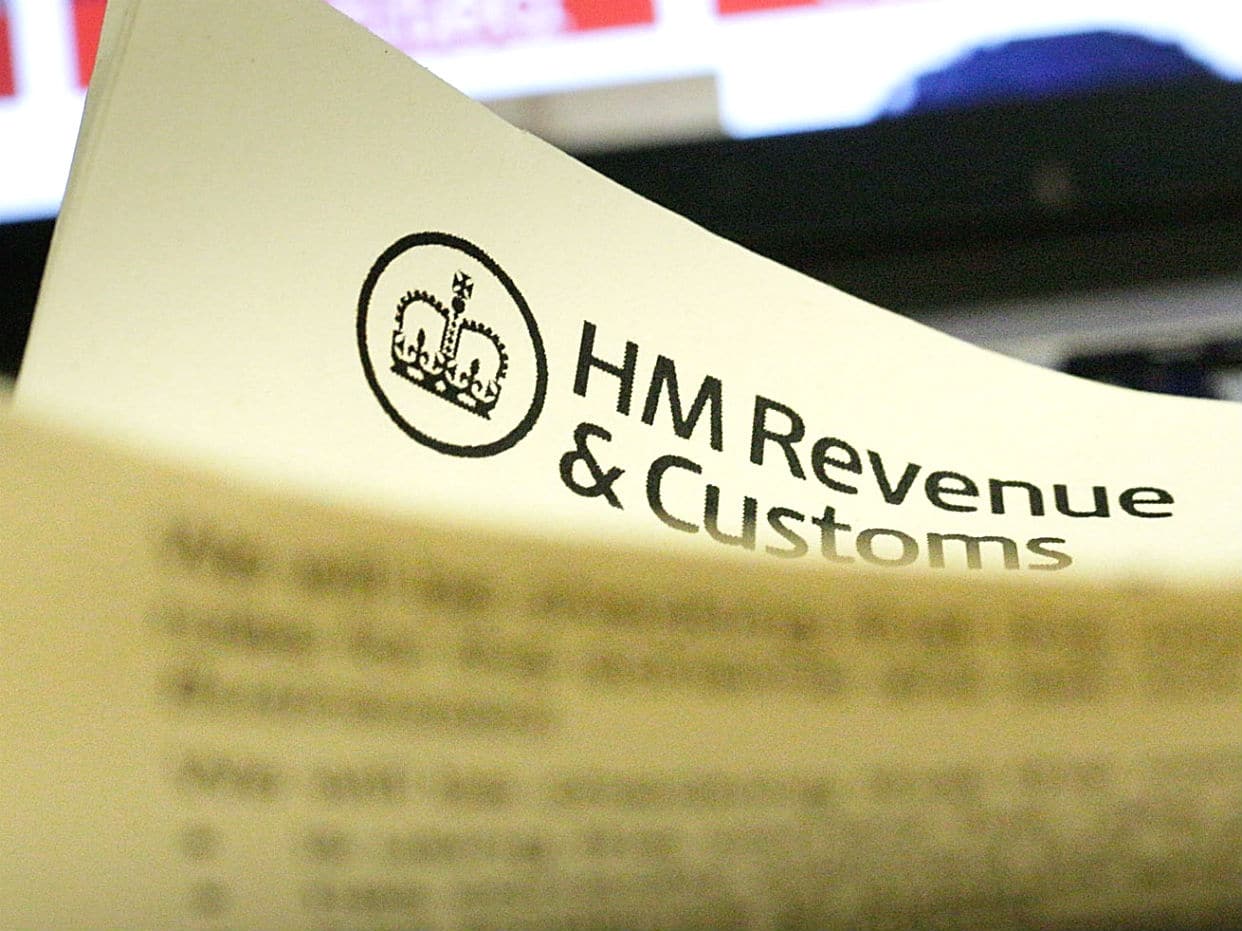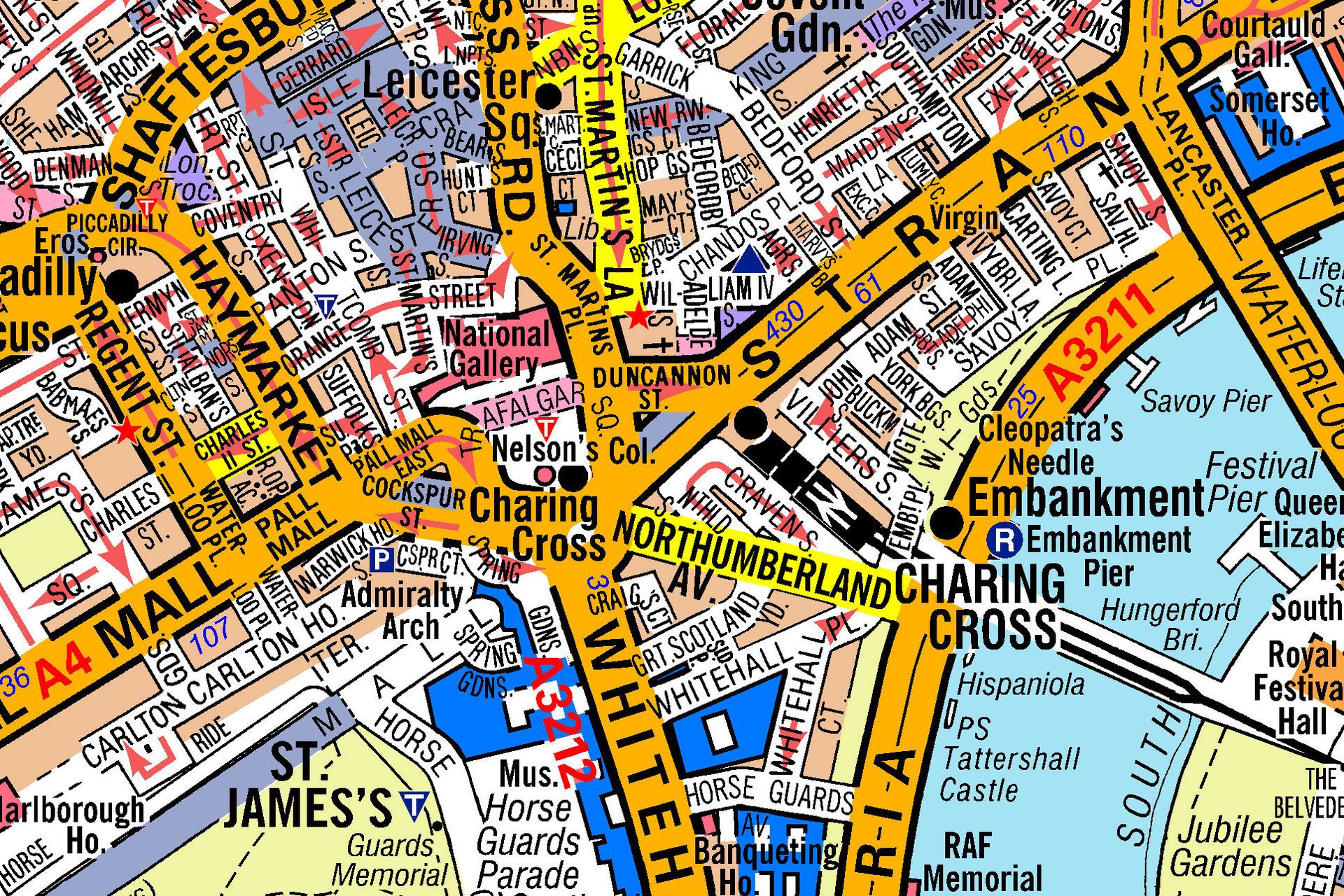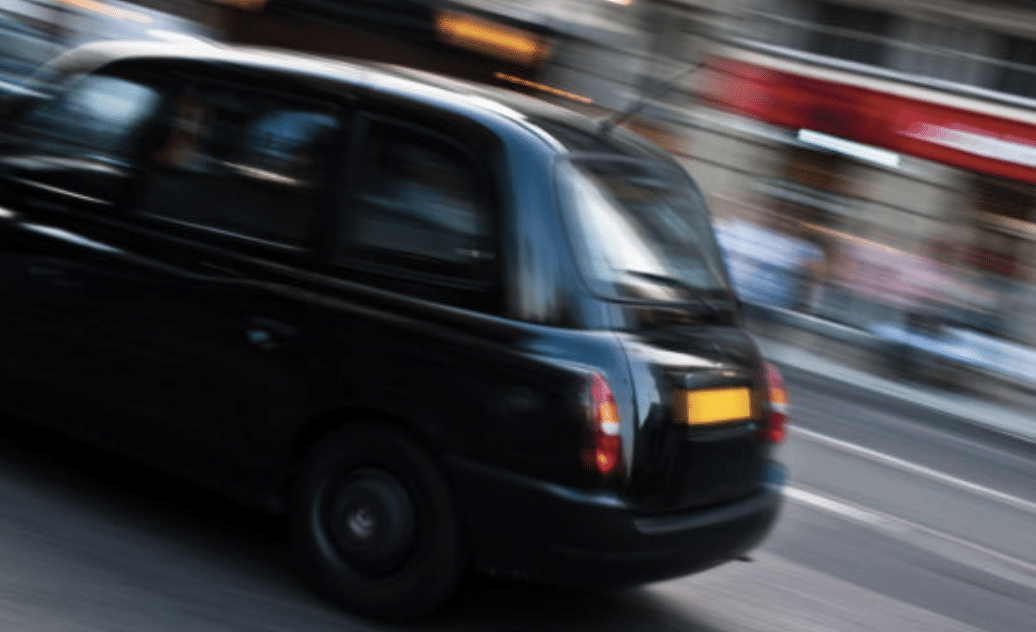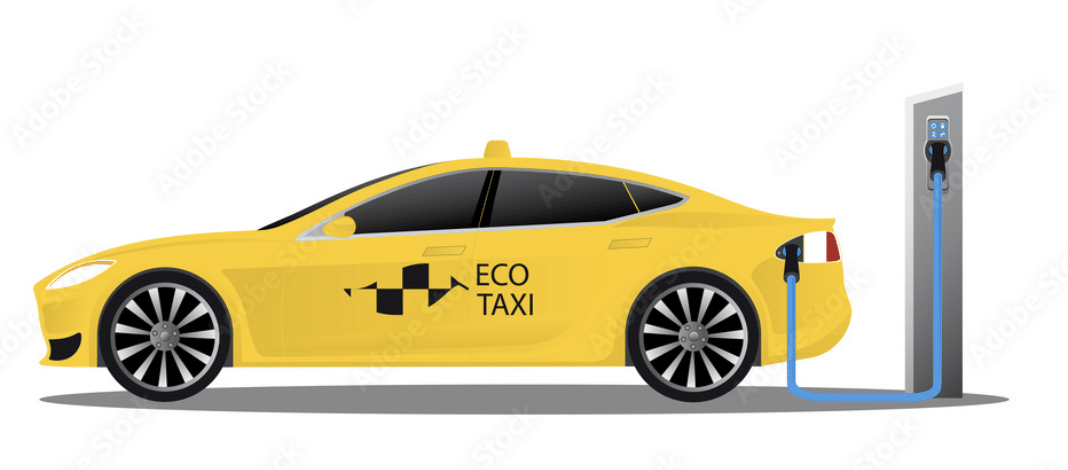The amount of tax you can deduct from your vehicle finance payments depends on how you bought your vehicle, and how you use it.
Purchasing And Using Your Vehicle For Personal Use
If you buy a van or car for your personal use, you won’t be entitled to any tax relief, regardless of how you finance it. Furthermore, you won’t be able to claim for road tax, insurance or fuel either.
However, if you own a business, you can claim for mileage, plus any costs associated with the vehicle. You can claim a reimbursement expense of 45p per mile, up to 10,000 miles. Then after this, you can claim 25p per mile. Check your mileage between 6th April and 5th April per year to see if you’ve gone over the 10k limit.
If you’re a limited company, you can claim corporation tax on payments made out. Be aware, however, that if you pay more than the approved rates, you will need to pay tax and national insurance too, because this excess would be classed as income by HMRC.
You’ll also need to fill in a PD11 form and include this with your tax return.
Purchasing And Using Your Vehicle For Your Limited Company
If you’ve purchased a vehicle for your limited company, claiming anything back depends on how you financed the vehicle. If you used a loan or hire purchase agreement to buy your vehicle, you could only claim on the interest.
It is also possible to claim capital allowance, which depends on your vehicles CO2 levels.
If you only lease your vehicle, you can claim this as a business expense. However, this only applies to vehicles with CO2 levels above 100g/km.
No matter how you’ve purchased a vehicle, this can be classed as a taxable benefit ‘in kind’.
Once you’ve found your car CO2 level, you’ll need to calculate this as a percentage of the market list price. i.e. the value of the car when you bought it, rather than what you paid for it.
Purchasing And Using A Van For Your Limited Company
For tax purposes, a van is within the category of ‘plant or machinery’. If you use a van regularly for your private use, you can claim assessable van benefit which is currently £3,350. You can also claim fuel benefits for costs up to £633.
If your van has zero emissions, you would once have been able to claim a ‘van benefit exemption’. Now obsolete, a 40% charge for van benefit is its replacement. Nevertheless, if HMRC claims your usage as ‘insignificant’, this won’t apply.
‘Insignificant use’ refers to things like calling into your local GP practice on the way home from seeing a client. However, it does not apply to weekly shops at the supermarket.
If you believe you could regularly use your van for ‘insignificant use’ cases, we recommend using a low CO2 model. It could potentially result in substantial tax savings for your business.






Add comment